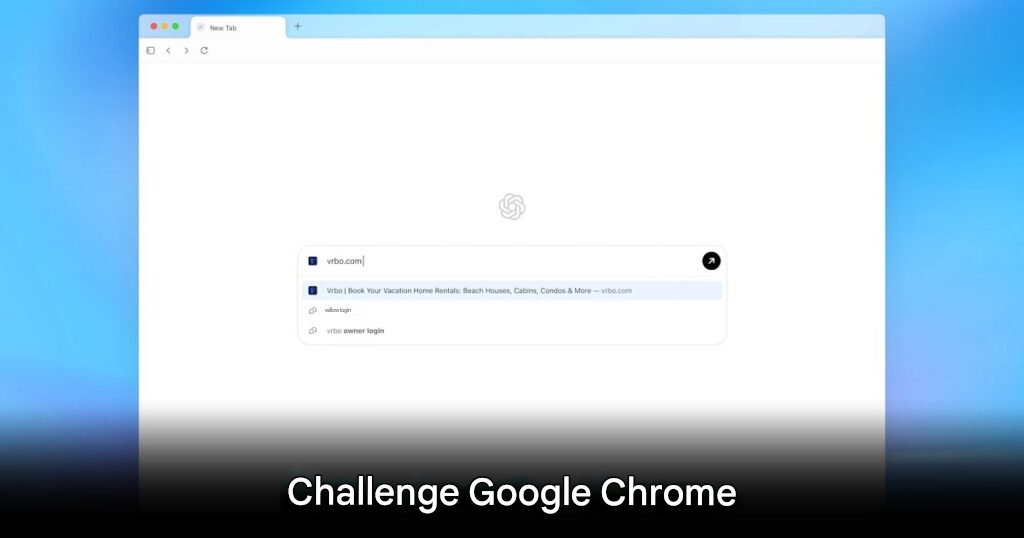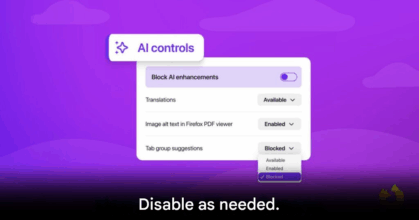
OpenAI has officially launched ChatGPT Atlas. This announcement was made this Tuesday. This new browser is fully powered by artificial intelligence. OpenAI aims to challenge the dominant position of Google Chrome. Chrome currently holds over 65 percent of the market share. This move marks a significant step for the company. ChatGPT already has over 800 million regular users worldwide. Atlas is designed to upgrade the entire web browsing experience. It combines search, content summarization, and task automation. All these features live on one powerful platform.
A core highlight of Atlas is its Agent Mode. This feature allows the AI to work on behalf of the user. It moves beyond simple question answering. For example, during a demonstration, Atlas performed a complex task. It successfully searched for a recipe. It then ordered all the ingredients using Instacart. All of this was completed in only a few minutes. This functionality is initially available for paid subscribers. It transforms ChatGPT into a highly efficient work tool. This major development could disrupt the fast growing AI Search market significantly.
The new AI browser is currently ready for use on macOS. It features a permanent ChatGPT sidebar. This sidebar is easily accessible at all times. Users can instantly summarize web pages or compare products. They can also analyze content on any webpage. This design ensures seamless access to AI capabilities. Users do not need to switch between different applications. Upcoming versions will also be released. These will support Windows, iOS, and Android devices. This expansion has the potential to fundamentally change internet user habits in Southeast Asia.
The launch of Atlas immediately sent shockwaves across the tech industry. Alphabet stock, Google’s parent company, dropped nearly 18 percent that day. Investors are worried about the potential threat. Atlas could harm both Google’s browser and search advertising businesses. These are major sources of revenue for the giant. Analysts see Atlas as a clear signal. OpenAI may soon aggressively move into online advertising. Google controls over 90 percent of this lucrative market. Integrating AI directly into a browser changes the competition. The focus shifts from speed and extensions to sheer AI capability. This new move by OpenAI redefines web browsing. It marks the start of a fierce new war in the tech sector. This competition will shape the future of search and online advertising.





